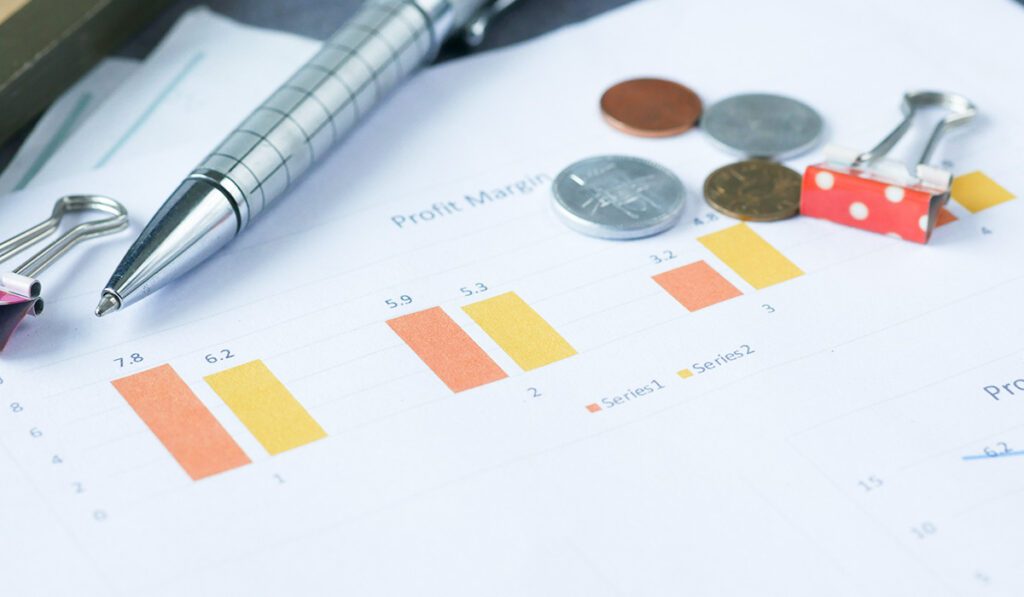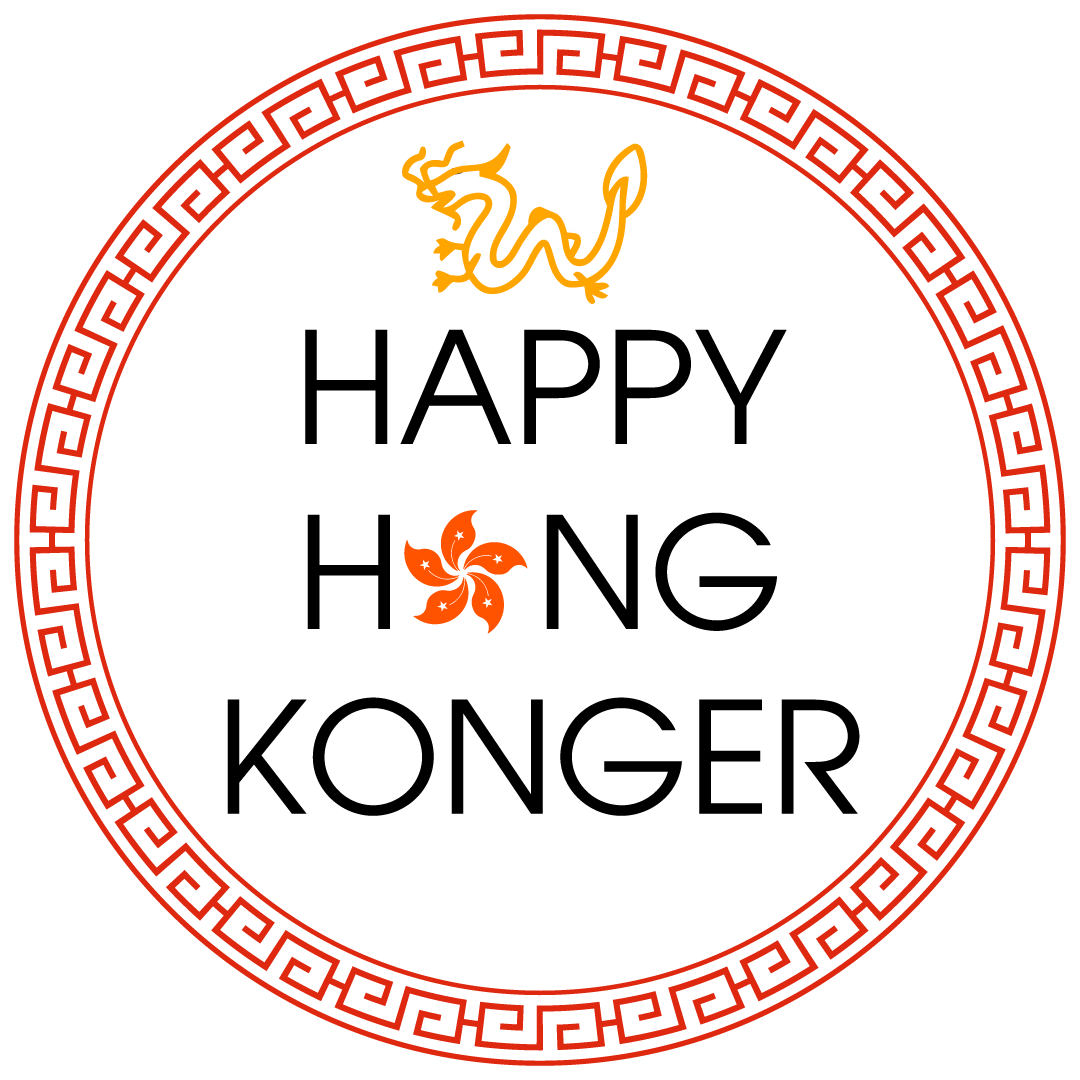

When incorporating a Hong Kong company, it’s essential that you fix a Hong Kong financial year end date. Several jurisdictions allow companies to use the same year-end date – 31 December, but the case is different in Hong Kong.
Here, incorporated businesses can choose whatever year-end date they want. Choosing a year-end date is straightforward. Your accounting year end will determine your accounting and tax obligations. Therefore, several factors will affect your decision.
This piece will reveal the essential information business owners need about the Hong Kong financial year end.
What Is A Hong Kong Financial Year?
The Hong Kong financial year refers to the 12-month period for which businesses are expected to record and analyze their operations. During this period, a firm will calculate its earnings and losses and can effectively generate reports too.
The new Companies Ordinance stipulates that the Hong Kong financial year will begin on the first day of this reference period and end on its last day. Only during the first accounting year will this duration span 18 months.
Note that your tax return period and other obligatory filings will fall during this period. Therefore, it’s essential to prepare for them beforehand.
Every company has the right to decide the start and stop of its accounting period, but the duration remains the same (12 months). But remember, the effectiveness of your business operations will be determined based on the beginning and end of your Hong Kong financial year.
As a result, your financial year end may be a benefit or detriment to your business. Business owners usually aim for the former to maximize their profit-making operations.
What Is The Hong Kong Financial Year End?
If you’ve studied the business scene in Hong Kong, you’ll realize that there’s a lot of freedom in this jurisdiction. According to Hong Kong regulations, a company’s incorporation date is the start of its fiscal year.
However, there’s the freedom to make changes to the Hong Kong financial year of your own company. This means that the directors of your company can change its financial year end and date.
If your directors do not pick any date, government regulations stipulate that the final day of the month of your incorporation will be its year end. Companies with subsidiaries need to be cautious about their year end date.
They should ensure that the year end of the subsidiaries aligns with theirs.
Benefits Of Choosing The Right Hong Kong Financial Year End
As mentioned earlier, the Hong Kong financial year end of your business can be a merit or disadvantage. This period will significantly affect filling, taxation, accounting and annual compliance. requirements. If you’re able to settle on a favorable year end, you’ll enjoy these benefits:
Reduce Workload During Busy Seasons
Your accounting department may enjoy breathing space when your Hong Kong financial year end is distinct from the busy season. When you’re able to design your accounting year to be outside the peak season. You’ll have a clearer view of how your company is performing.
Let’s look at this example to understand how a busy season can increase the burden of a firm. Company XYZ has a financial year end of 30 June 20xx. Hong Kong regulations stipulate that all companies are to file necessary documents by 2 May 20xx.
There are no extensions for filing the profit tax return. For company XYZ to file their profit tax return, they’ll need to pay their profit tax earlier. Suppose the period they choose to pay the tax is a peak season. There’s a likelihood they’ll pay a higher amount than usual.
Reflect The True Nature Of Your Firm
In the business world, every entity is different. The reason behind these subtle differences is often related to the revenue-generating period of each entity. So, you’ll benefit more from a financial year that would let you reflect on these differences.
Let’s say your company makes the most of its profits in June but restocks in November. Using a traditional accounting year may not reflect your company’s true performance.
However, if you adjust your Hong Kong financial year end to contain profits and costs within the same period, you’d enjoy a better outlook for customers, stakeholders and investors.
How To Choose A Hong Kong Financial Year End Date?
Choosing a Hong Kong financial year end date can be tough. To reach a reasonable conclusion, you’d need to review any of these factors:
Accounting Factor
From an accounting perspective, it makes plenty of sense to fix the same year end date for the subsidiary and holding company. Doing this will make it easier to reconcile operations. Your accountants will also find it easier to prepare individual and consolidated financial statements.
Auditors will also be able to review your operations faster. In the long run, you’ll spend lesser on accounting and auditing.
If the subsidiary and holding company have different year end dates, the accountant will need to prepare different sets of financial statements for each firm. The auditor will also have to review these statements separately.
If your company is a standalone firm, you can choose whatever Hong Kong financial year end date you prefer. The most common date is 31 December, but you’ll also find 30 June, 31 March and 30 September.
As a standalone company, the year end date does not affect your accounting operations but may result in differences in taxation.
Tax Factor
According to Hong Kong regulations, your company should file its first profit tax return 18 months after its incorporation. You may handle this process yourself or hire a business consultancy firm. You can outsource your taxation if you’re a startup with limited staff.
You receive the government’s correspondence and submit the tax return within 3 months from the date on the form they’ll send to you. It’s important to note that the year end date of your firm will determine how much tax you file with the Inland Revenue Department.
If your year end date is 31 December, you’ll have until mid-August to file your tax return. But if the year end date is 31 March, you’ll have until mid-November to file your return. Any other year end dates have a deadline of April.
When choosing your year end date, consider your trading seasons and the workload on your accountant.
Hong Kong has a low tax rate, but if your year end date is not favorable, you could pay a high amount. If you choose 31 March as the financial year end date, tax will be charged on profits earned before 31 March in the current financial year.
Can A Hong Kong Company Change Its Financial Year End Date?
Yes, a Hong Kong company can alter its financial year end. Every company can set and amend its financial year end date. However, they can only do so with good reasons. These are some of the reasons why anyone may want to change the Hong Kong financial year end:
- You failed to pick your desired year end date after incorporating your company. When newly incorporated companies don’t choose a year end date on time, the Registry will issue a date. You have only 18 months in the first financial year so you’ll need to decide quickly.
- You want your annual tax return to fall during your business’s peak season. Companies do this to give themselves the best chance of having a positive cash flow.
- You’re a subsidiary or holding company and want to alter your year end date to align with the other entity.
The Hong Kong government allows companies to change their financial year end. However, there are several things that firms need to note. To start with, you’ll need to get consent from your shareholders.
If your company is limited by guarantee, you must inform the Companies Registry within 15 days. Failure to do so may result in your company being sanctioned.
Furthermore, if you have changed your Hong Kong financial year end date, it can’t be changed until after 5 years unless there are undeniable reasons for this change.
How To Change The Hong Kong Financial Year End Date?
Before you learn how to change the Hong Kong accounting year end date, you’ll need to learn about the following restrictions;
- After changing the year end date, the first accounting year must not exceed 18 months.
- You cannot change your accounting year end date to one that does not allow audited financial statements and other AGM documents to be submitted in the same year.
To change your Hong Kong financial year end from what it currently is, you’ll need to contact the Companies Registry. Complete the process and gain their approval. After the approval of your new accounting year end date, you can apply it to your business processes.
Any attempts to alter your year end date for criminal purposes or illegal trading will be met with heavy sanctions.
How Can We Help – Our Accounting and Taxation Services
Hong Kong offers firms the freedom to decide their financial year end date. But there are a few things to consider before making this decision. You’ll need to consider how the date will affect your business operations, including accounting and taxation services.
It can be plenty of work to review a year end date change along with other daily operations. That’s where we come in. If you’re finding it difficult to come up with a favorable Hong Kong financial year end date, you can hire Premia TNC to help you out.
As a top-rated business consultancy firm, Premia TNC will look through the different aspects of your business to determine the best option for you. Our experts are trained to offer you world-class service.
Asides from picking your year end date, you can also hire us to handle your accounting and taxation processes. We’ll set up an effective accounting and bookkeeping procedure to reflect your company’s performance. Premia TNC are also experts in tax filing in Hong Kong.
Our experts will help you file the necessary documents when due. We have chartered accountants and tax experts that will work hand-in-hand with your company. We are experts at creating custom solutions.
Our approach is to give every company the type of service they deserve. We’ve been around for many years have developed a reputation as a top-rated business consultancy firm.
Frequently Asked Questions
1. What is the financial year in Hong Kong?
It’s safe to say that there is no official financial year in Hong Kong, every company is expected to choose its date. There’s freedom for all in Hong Kong, as long as you submit your tax returns as at when due.
Common dates for the financial year end are 31 December, 30 June, 31 March, and 30 September. You may choose any of these options or opt for something unique. If you fail to set your financial year end date, the companies registry will use your incorporation date.
2. How do I choose my company’s financial year end?
Hong Kong’s legislations allow companies to choose their preferred accounting year end date. But this freedom can quickly lead to confusion. To choose your company’s financial year end, the first thing to do is analyze your business.
When do you make profit? When do you settle your major costs? These questions will determine the period you want to reflect on your financial year. A bad idea is choosing a year end date that only reflects one aspect of your company’s performance.
3. What should I know about the Hong Kong financial year end date?
There are a few things to know about the Hong Kong financial year end date. First, you’ll only be allowed to change the date for a good reason. A shareholder or board of directors agreement is needed to change this date.
You may change the year end date of holding and subsidiary companies to align. After changing your accounting year end date, you can only change it after 5 years.
Companies limited by Guarantee are expected to report the year end date change to the Companies Registry within 15 days.


















